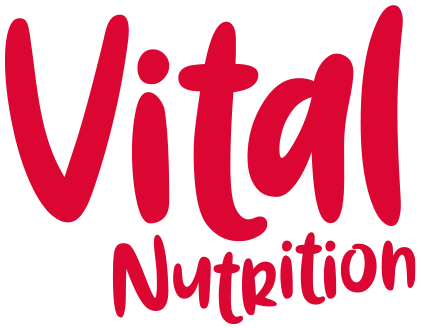What’s the best plant milk?
Plant milks are on many people’s shopping lists these days. Whether you are making the switch for the good of your health, or the good of the planet, it can be a confusing choice to work out the best one for your needs.
It is worth noting that if you choose organic plant milks, they are not fortified, so if you are looking for a source of calcium and other nutrients, choose non-organic versions.
Of course when making your choice, read the label, choose the one that has the least ingredients and always choose the unsweetened versions. I tend to veer away from plant milks with emulsifiers, sweeteners, sugar and oils if possible.
My favourite brands include Plenish, Jord and Rude Health.
A recent report published by Which? magazine took deeper look at the comparisons of the nutritional balance and environmental impact of plant milks compared to cow’s milk.
Here is my guide to help you decide what to add to your shopping list.
Cow’s milk
Cow’s milk is a good source of calcium and protein (semi skimmed milk contains 3.6g per 100ml) and contains all nine essential amino acids. It is also a significant source of iodine in the diet - a nutrient essential for healthy thyroid function that may people in the UK and Ireland are lacking, so it is important to bear this in mind if you are cutting dairy from your diet.
Choosing semi-skimmed or skimmed milk reduces the fat content without having any impact on calcium, protein or most other nutrients - although there will be slightly lower level of the fat soluble vitamins like vitamin A and E.
Here are some of the alternatives, and a summary of their environmental and nutritional credentials:
Almond milk
Almond milk is low calorie and low fat, but it is also very low in protein (0.5g per 100ml). Many brands of almond milk contain just 2% almonds, with the biggest ingredient being water.
Environmentally, almond production uses more water than cow’s milk production and almond farming has had a big impact on bee populations in areas where they are grown intensively.
Coconut milk
Coconut milk is higher in saturated fat than other plant milks, although this much of this is in the form of medium chain triglycerides, a fat that has been associated with improving insulin sensitivity and blood sugar balance.
Coconut milk is low in protein (0.2g per 100ml) and is often sweetened with grape juice.
Coconuts grow in tropical climates, where deforested land is increasingly used for their production, so they have a hefty carbon footprint.
Hazelnut milk
Like other nut milks, hazelnut milk is low calorie, low fat but also low in protein and many contain less than 3% hazelnuts.
It is likely to be a fairly sustainable option though, as hazel trees are hardy and don’t require a lot of pesticides.
Hemp milk
Similar to the nut milks, hemp milk is low calorie, low fat and low protein, but it does have the benefit of being the highest source of omega 3 and omega 6 fats of all the nut milks tested by Which.
Regarded as a sustainable crop, hemp milk is good choice for the planet.
Oat Milk
Oat milk is the most popular plant-based milk alternative in the UK. Maybe that’s because it is the one that tastes best in coffee and is least likely to curdle when added to hot drinks.
Oat milk is really great choice for environmental reasons. It has a low impact, grows locally and has minimal impact on biodiversity.
Nutritionally, it is low fat, but also low protein. Some brands (like Oatly) are fortified with iodine.
Oat milk is a source of beta-glucans, a polysaccharide that has been show to help maintain healthy cholesterol levels. A 250ml glass contains a third of the daily recommended amount.
Pea milk
Pea milk is a newcomer to the plant milk scene, but it has promising environmental credentials, especially when peas are grown closer to home than some of the ingredients in other plants milks.
Nutritionally, pea milk is one of the better source of protein (3.3g per 100ml) - comparable to cows’ milk or soya milk containing all of the essential amino acids.
Its iodine content is also similar to cow’s milk.
Rice milk
Rice milk is higher in carbohydrates (and therefore sugar) than other plant milks. It should not be given to children under 5 as it contains arsenic - the content is safe for adults, but not young children.
Rice production has a very high carbon emission (similar to cow’s milk), as it requires a lot of water and one of the major by-products is methane.
Soya milk
Soya was once the most popular choice as a vegan or plant based alternative milk, but it has come under scrutiny because if its impact on biodiversity and deforestation.
The nutrition of soya milk is decent. It has similar levels of protein to cow’s milk (3.3g per 100g), but there is an increase in soya allergies and intolerances, so bear this is mind when making your choice.

